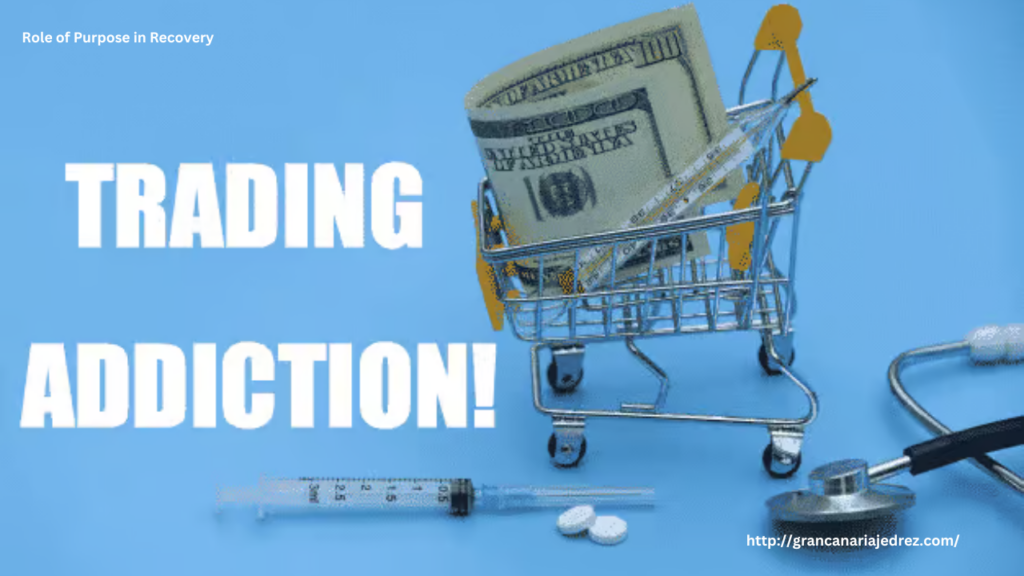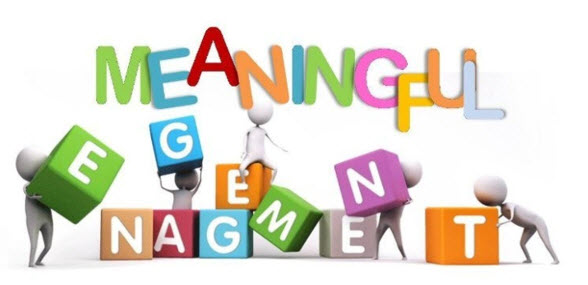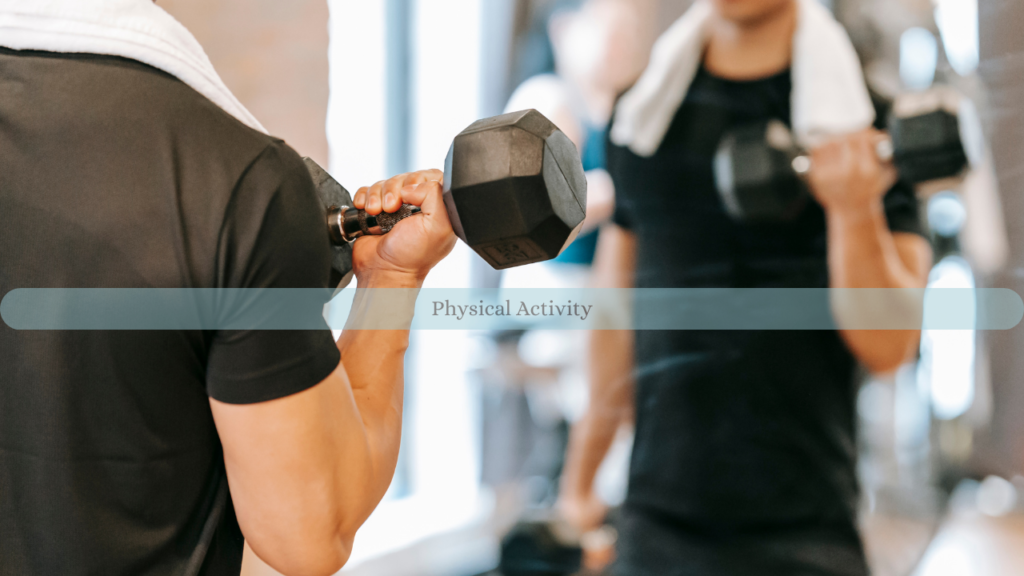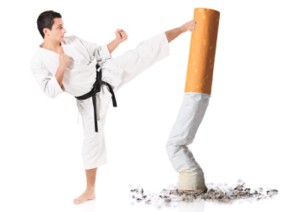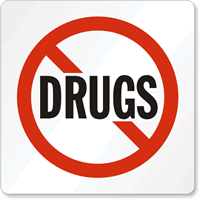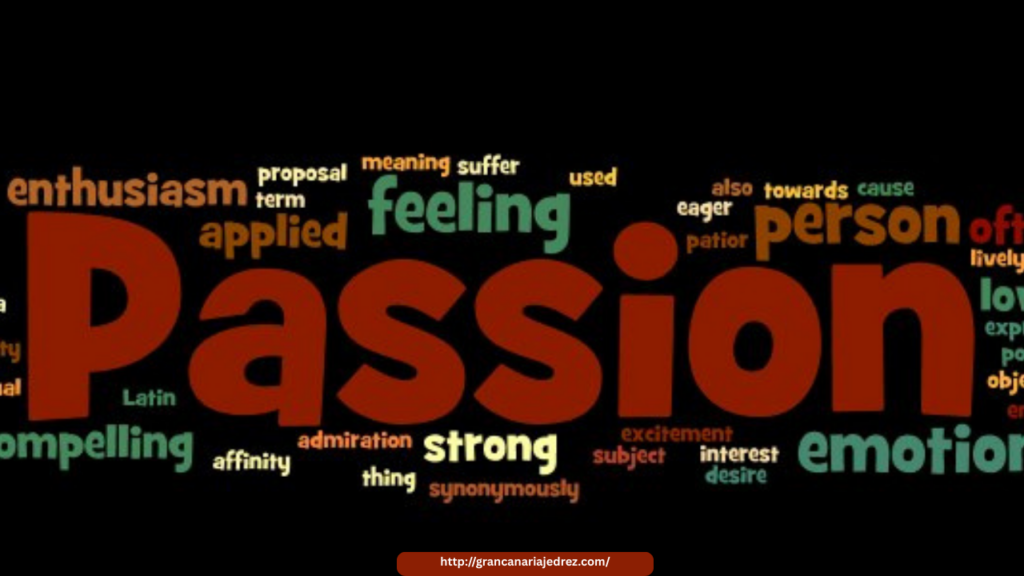
Addiction is often misunderstood as simply a lack of willpower. In reality, it is a complex brain disorder that reshapes the way individuals experience pleasure, motivation, and reward. Breaking free from addiction requires more than just stopping the behavior—it requires finding something equally compelling to take its place. This is where the concept of substitution comes in: replacing destructive habits with healthy passions. Science shows that this method is not only effective but also essential for long-term recovery.
Understanding the Brain’s Reward System
At the heart of addiction lies the brain’s reward system, which is responsible for producing feelings of pleasure through the release of chemicals like dopamine. Addictive substances and behaviors artificially trigger massive dopamine surges, making them feel incredibly rewarding. Over time, the brain becomes dependent on these substances for pleasure and motivation, weakening its response to natural rewards like socializing, hobbies, or physical activity.
When someone stops using drugs or alcohol, their dopamine levels drop significantly, leading to feelings of emptiness, depression, and boredom. Without a new source of positive stimulation, cravings can become overwhelming. That’s why simply quitting isn’t enough—recovery must involve building new, healthy pathways to pleasure and satisfaction.
Why Substituting Passion for Addiction Works
1. Rebuilding Healthy Neural Pathways
Passion-driven activities—such as art, sports, music, or volunteering—stimulate the same brain areas that addictive substances once hijacked. Engaging in these activities repeatedly helps rewire the brain, reinforcing new, healthier pathways. Over time, the brain begins to associate joy and fulfillment with positive behaviors rather than substances.
2. Restoring a Sense of Purpose
Addiction often thrives in environments of hopelessness or lack of direction. Finding a passion gives individuals a sense of purpose, something to strive for beyond immediate gratification. Whether it’s training for a marathon, mastering an instrument, or helping others, having a meaningful goal provides motivation to stay sober and grow.
3. Boosting Emotional Resilience
Creative and physical activities provide natural ways to process emotions. Instead of numbing pain through substances, individuals learn to express, channel, and manage their feelings. This emotional resilience makes it easier to cope with stress, setbacks, and cravings without resorting to harmful behaviors.
4. Creating Positive Social Connections
Many passions involve community, whether it’s a sports team, a band, an art class, or a volunteer group. Building relationships with people who share common interests helps reduce isolation—a major trigger for relapse—and provides much-needed support and accountability during recovery.
Examples of Healthy Substitutions
- Art Therapy: Using painting, sculpting, or writing to express feelings.
- Exercise: Releasing endorphins and building physical strength through activities like running, yoga, or martial arts.
- Music: Learning an instrument or joining a band to stimulate creativity and connection.
- Volunteering: Finding fulfillment in helping others and contributing to a greater cause.
Final Thoughts
The science of substitution highlights an important truth: recovery isn’t just about removing something harmful—it’s about adding something meaningful. By replacing addiction with passion, individuals can heal their brains, rediscover joy, and build a future that feels genuinely rewarding. Recovery is not just survival; it’s an opportunity to find a new, passionate way of living.


